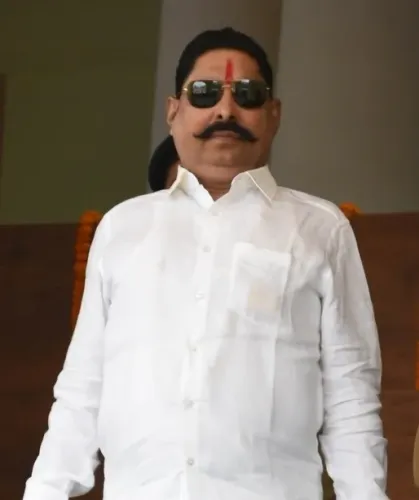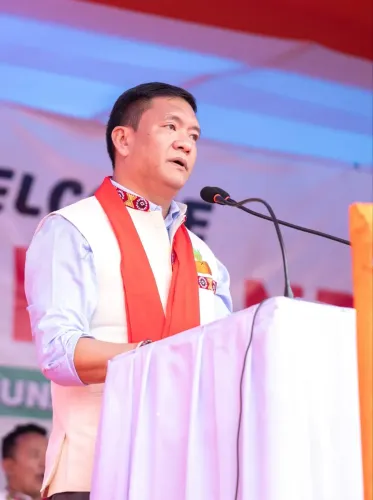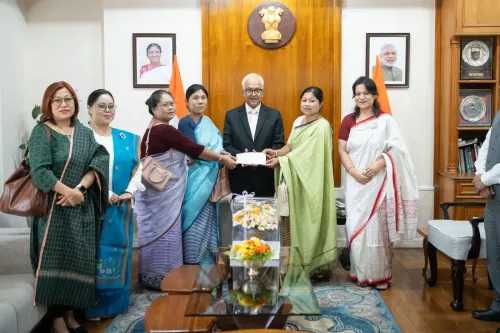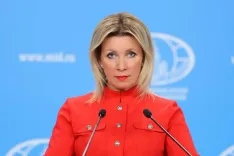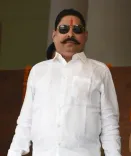Upcoming Parliament Session to Host 'One Nation, One Election' Legislation
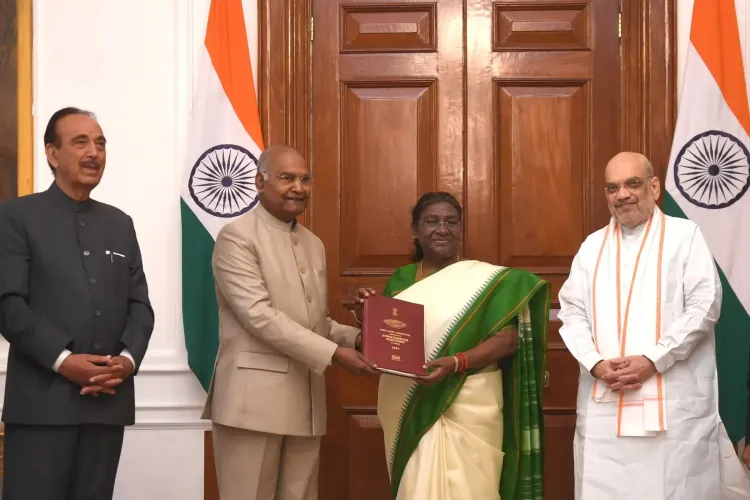
New Delhi, Dec 9 (NationPress) The Narendra Modi administration is progressing with its 'One Nation, One Election' initiative and is set to present a bill in Parliament in this session, as reported by IANS.
The Cabinet has already endorsed the Ram Nath Kovind Committee’s report on the proposal, which recommends holding simultaneous elections nationwide.
To garner extensive support, the government intends to foster consensus on the bill, potentially referring it to a Joint Parliamentary Committee (JPC) for in-depth discussions. This effort will allow for input from all political parties, who will designate their representatives. Furthermore, it will provide an opportunity for other stakeholders, such as state Assembly speakers and experts, to contribute their insights. Public opinions may also be solicited.
However, the execution of the One Nation, One Election framework may prove to be complex without a solid and convincing consensus. Implementing this plan would necessitate amending the Constitution, which requires passing at least six bills. Moreover, achieving a two-thirds majority in Parliament will be essential. While the ruling NDA coalition maintains a simple majority in both the Lok Sabha and Rajya Sabha, securing the required two-thirds majority is expected to be a significant challenge.
The government argues that simultaneous elections would conserve time, funds, and resources, and mitigate the disruptions caused by the Model Code of Conduct that arise repeatedly due to various elections. The MCC also stalls development initiatives during election periods.
Conversely, the opposition has criticized the proposal, asserting that it will encounter logistical obstacles. They argue that managing multiple elections simultaneously will be difficult and have labeled the concept as 'undemocratic' and 'unconstitutional'.
Meanwhile, the committee chaired by former President Kovind emphasized that bipartisan support is vital for the success of 'One Nation, One Election'. It also noted that the plan could only be realized after 2029.
The committee further highlighted the necessity for broader consultations and public involvement to mitigate concerns and ensure the concept's long-term viability. This underscores the complexity of this ambitious electoral reform.

